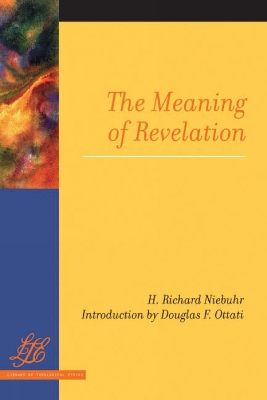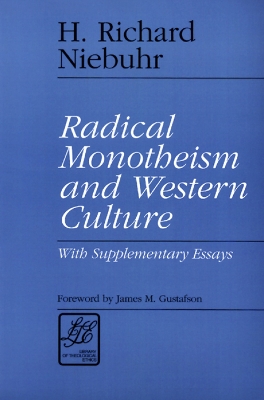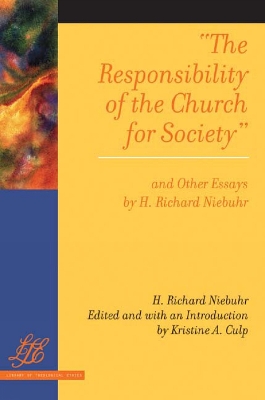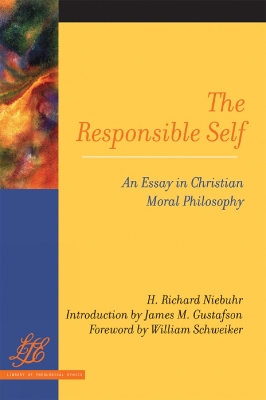Library of Theological Ethics
4 total works
This reissue of a twentieth-century classic by H. Richard Niebuhr emphasizes an understanding of God's revelation that takes seriously both the Bible itself and modern ideas about the nature of history. The book argues that God's revelation is "confessional history." The source and setting of basic Christian convictions lie within a historical framework. By his focus on revelation as personal experience, Niebuhr served as the igniting force for views of future theological movements that are still prevalent more than forty years after his death. First published in 1941, this masterful work is now enhanced with a new introduction by Douglas F. Ottati, which sets Niebuhr's work in the context of his other writings and explores the significance of this book.
The Library of Theological Ethics series focuses on what it means to think theologically and ethically. It presents a selection of important and otherwise unavailable texts in easily accessible form. Volumes in this series will enable sustained dialogue with predecessors though reflection on classic works in the field.
This reissue of a classic work of H. Richard Niebuhr, one of the most influential and creative theological ethicists of the twentieth century, highlights his mature thinking. By using path-breaking interpretations of faith as a basic dimension of human life and culture as an arena of faith in conflict, Niebuhr encourages further thought. This volume should be required reading for anyone interested in recent perspectives on theology and ethics.
The Library of Theological Ethics series focuses on what it means to think theologically and ethically. It presents a selection of important and otherwise unavailable texts in easily accessible form. Volumes in this series will enable sustained dialogue with predecessors though reflection on classic works in the field.
The Responsibility of the Church for Society and Other Essays
by H. Richard Niebuhr
This collection of essays from one of America's great theological minds explores the nature and meaning of Christian community. First published between 1945 and 1960, these essays make clear for the first time H. Richard Niebuhr's moral theology of the church. Understanding Christianity itself as a movement--and not an institution--Niebuhr argues that, at their best, Christian communities should express the ongoing, transforming relation of God and the world.
The Library of Theological Ethics series focuses on what it means to think theologically and ethically. It presents a selection of important and otherwise unavailable texts in easily accessible form. Volumes in this series will enable sustained dialogue with predecessors though reflection on classic works in the field.
The Responsible Self was H. Richard Niebuhr's most important work in Christian ethics. In it he probes the most fundamental character of the moral life and it stands today as a landmark contribution to the field.
The Library of Theological Ethics series focuses on what it means to think theologically and ethically. It presents a selection of important and otherwise unavailable texts in easily accessible form. Volumes in this series will enable sustained dialogue with predecessors though reflection on classic works in the field.



